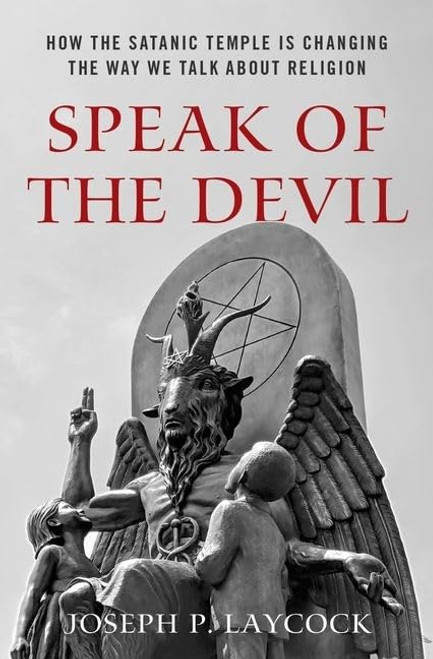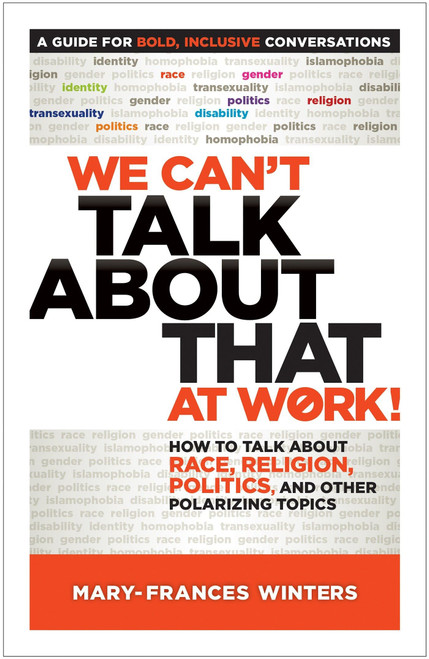In 2013, when the state of Oklahoma erected a statue of the Ten Commandments on the grounds of the state capitol, a group calling themselves The Satanic Temple applied to erect a statue of Baphomet alongside the Judeo-Christian tablets. Since that time, The Satanic Temple has become a regular voice in national conversations about religious freedom, disestablishment, and government overreach. In addition to petitioning for Baphomet to appear alongside another monument of the Ten Commandments in Arkansas, the group has launched campaigns to include Satanic "nativity scenes" on government property in Florida, Michigan, and Indiana, offer Satanic prayers at a high school football game in Seattle, and create "After School Satan" programs in elementary schools that host Christian extracurricular programs. Since their 2012 founding, The Satanic Temple has established 19 chapters and now claims 100,000 supporters. Is this just a political group perpetuating a series of stunts? Or is it a sincere religious movement? Speak of the Devil is the first book-length study of The Satanic Temple. Joseph Laycock, a scholar of new religious movements, contends that the emergence of "political Satanism" marks a significant moment in American religious history that will have a lasting impact on how Americans frame debates about religious freedom. Though the group gained attention for its strategic deployment of outrage, it claims to have developed beyond politics into a genuine religious movement. Equal parts history and ethnography, Speak of the Devil is Laycock's attempt to take seriously The Satanic Temple's work to redefine religion, the nature of pluralism and religious tolerance, and what "religious freedom" means in America.
Speak of the Devil: How The Satanic Temple is Changing the Way We Talk about Religion
Oxford University Press
MSRP:
Was:
Now:
$41.24 - $51.14
(You save
)
(No reviews yet)
Write a Review

Write a Review

Oxford University Press
Speak of the Devil: How The Satanic Temple is Changing the Way We Talk about Religion
- SKU:
- UPC:
- 9780190948498
- Maximum Purchase:
- 2 units
- Binding:
- Hardcover
- Publication Date:
- 2/17/2020
- Author:
- Laycock, Joseph P.
- Language:
- English: Published; English: Original Language; English
- Pages:
- 272

Krista Tippett
Speaking of Faith: Why Religion Matters--and How to Talk About It
MSRP:
Was:
Now:
$13.84 - $24.58

Brand: Jossey-Bass
How the Way We Talk Can Change the Way We Work: Seven Languages for Transformation
MSRP:
Was:
Now:
$11.37 - $23.87

Berrett-Koehler Publishers
We Can't Talk about That at Work!: How to Talk about Race, Religion, Politics, and Other Polarizing Topics
MSRP:
Was:
Now:
$11.98 - $27.33

What We Don't Talk About When We Talk About Fat
MSRP:
Was:
Now:
$13.11 - $24.15

Temple of Satan: The Devil's Disciples (The Nine Gates to Satan's Kingdom) (Volume 1)
MSRP:
Was:
Now:
$26.10 - $31.10

Rob Bell
What We Talk About When We Talk About God: A Special Edition
MSRP:
Was:
Now:
$14.89 - $27.27
!



